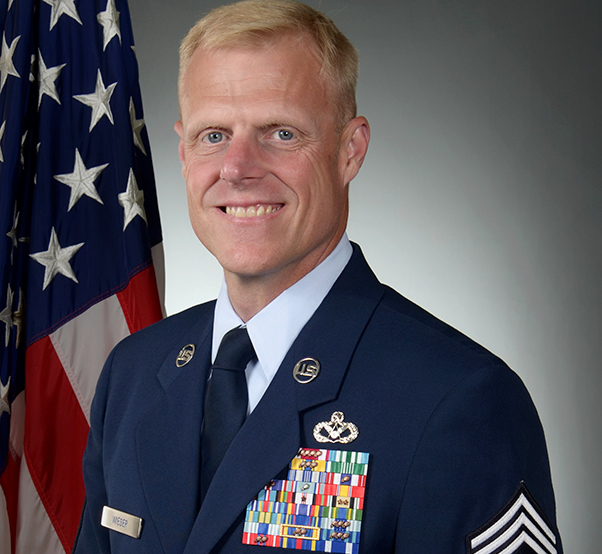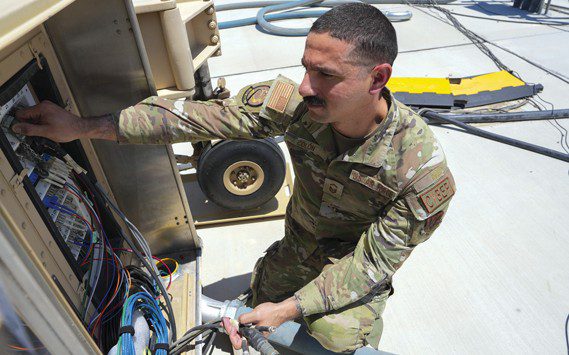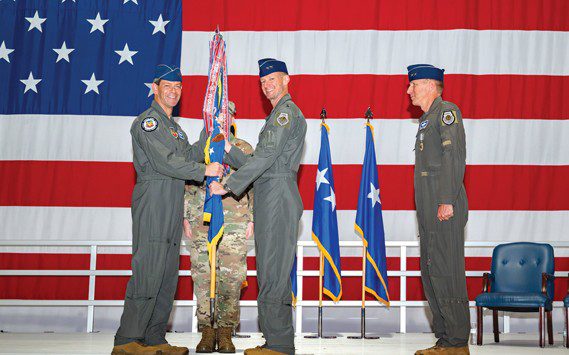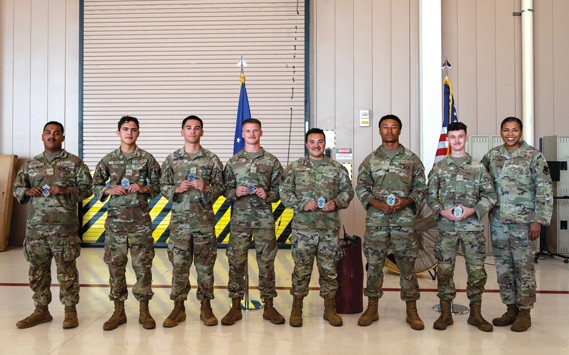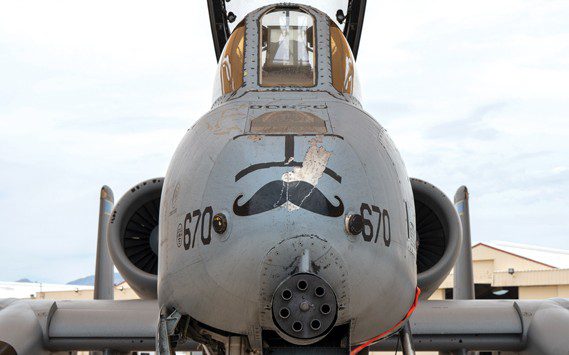Most of my childhood, I was covered in a healthy layer of dirt and grease. The son of a contractor, I was pretty much always on a job site, working and learning from the greatest leader I ever had — my Dad. He died 26 years ago, but based on a bedrock of integrity and legendary work ethic he taught me countless lessons that I use to this day.
I learned one such lesson, when I (as little Jack Fischer) was on my hands and knees with a putty knife after my Dad asked me to tear up some tile. You’re probably thinking it’s pretty dumb to take up tile with a putty knife – and you’d be right. I was young though, without much experience, and didn’t know how to use many tools.
My Dad came around the corner and chuckled, “What are you doing?” Knowing there was no good answer to the question, I sat back on my knees with a pronounced shoulder shrug as if to respond, “I don’t know.” He walked into the other room and returned with a tile scraper, put the blade on the ground in front of me, and with a single push took up an entire row of tiles.
“You need to use the right tool Jack,” he said. “Whether you are tearing up tile, or working with people, there’s a ‘right’ tool for each situation.”
As an astute first grader, I picked up quickly. I started to analyze the task at hand, look around at what was available, and tried to find the right tool to get the job done. As I got older and watched Dad work with people, I learned his advice worked with people too.
There are foundational things like integrity, commitment, vision and more, which are important regardless of the situation. The more leadership experience you have, however, the more you see how complex it is to motivate teams beyond those foundational truisms. Where management becomes leadership is in the art of finding when to use the right tool, in the right situation, for the right person or team. To boil it down, you need to build up your leadership toolbox, and you need to use the right tool from that toolbox for a given situation.
How can you expand your toolbox? I think leaders are both born and made, but great leaders who leave an impact and make us better are extremely rare. These leaders, or “eagles” as my wingman Chief Master Sgt. Boston Alexander, 50th Space Wing command chief, calls them, are born from a commitment to always learning, improving and caring for the team around them.
As an eagle you need to be a student of the arts. Read, listen and absorb any materials you can to learn from history, while looking up and down your current chain to see examples of both good and bad leadership around you.
As my Dad once said, “You can learn how to act from everyone — remember the good and model it yourself; remember the bad and don’t.”
While building your toolbox — watching and learning every step of the way — how do you know when to use the right tool? First, invest in your people and get to know them — know what’s important in their lives, learn about their families, ask about professional and personal goals, pay attention to what lights their fires and sparks their souls — know them. Cracking a joke with one person may lighten their mood and recharge their batteries, but another person may find the engagement irritating. Taking deliberate time to get to know and care for your team is key to finding how to elevate their potential and accomplish impossible things.
Second, you need to try. Don’t expect you will get it right every time (you won’t). To become a good leader you have to practice leading — look for opportunities to volunteer, lead groups and projects, and hone your craft with experience. Remember, you don’t have to be in charge of a group to lead.
When you have the knowledge and understanding of different leadership concepts, tools – and they are reinforced with your own personal experience – you’ll find you are better prepared to consider a situation, look through your toolbox, and choose the right tool (or tools) to energize a team and crush any task.
I offer this analogy because we find ourselves before a precipice, facing a future filled with uncertainty.
Doing what we have always done isn’t enough. We must learn, grow and use our tools in new ways to inspire greatness among those we are privileged to work with and lead. We must also help develop new leaders not only to replace us, but to expand and advance what we’ve done. We should train our Airmen to be better — to be eagles.
If, or rather when, our great nation calls upon us to defend freedom, let’s be ready for the fight with a convocation of eagles. We can leave the putty knives in the toolbox that day.






